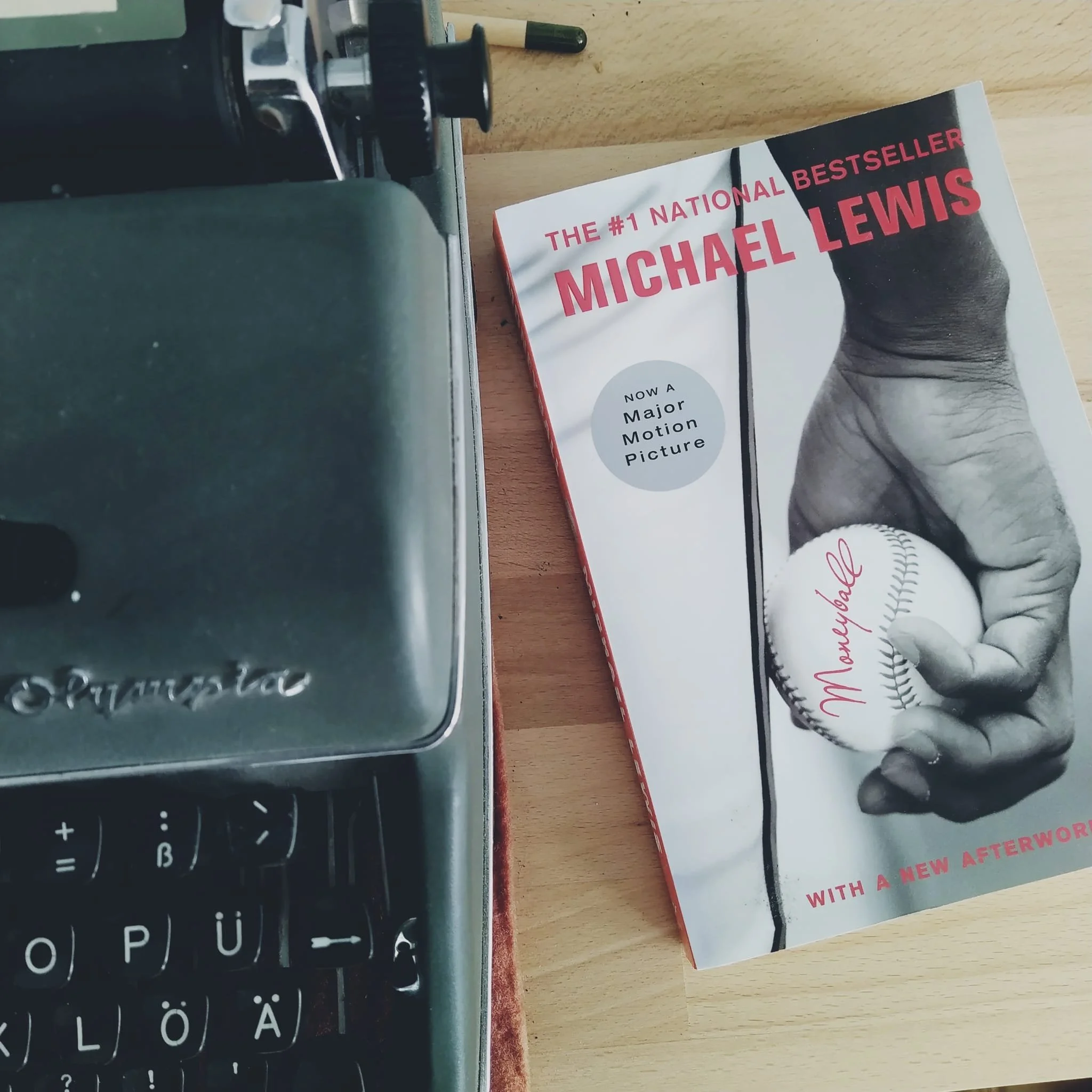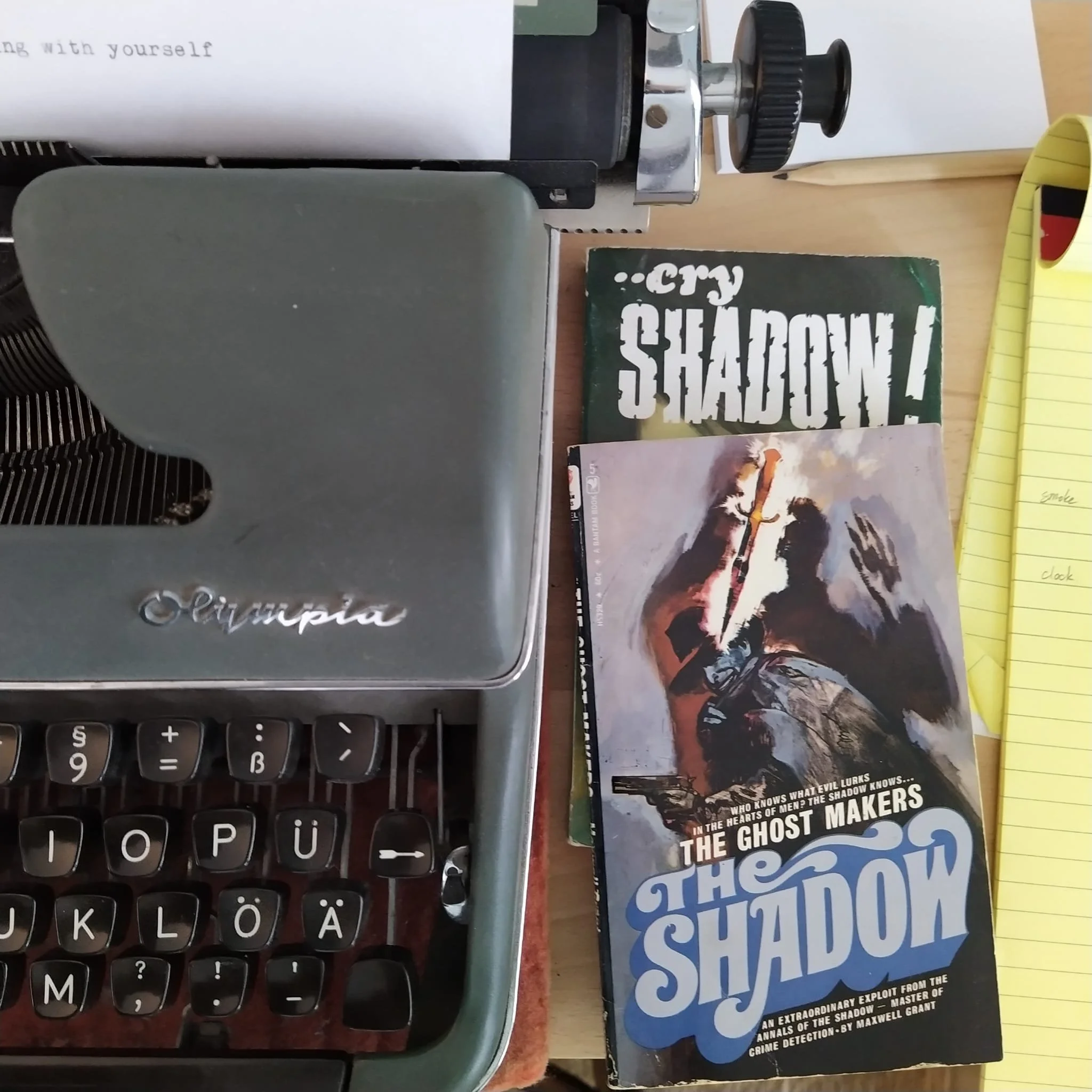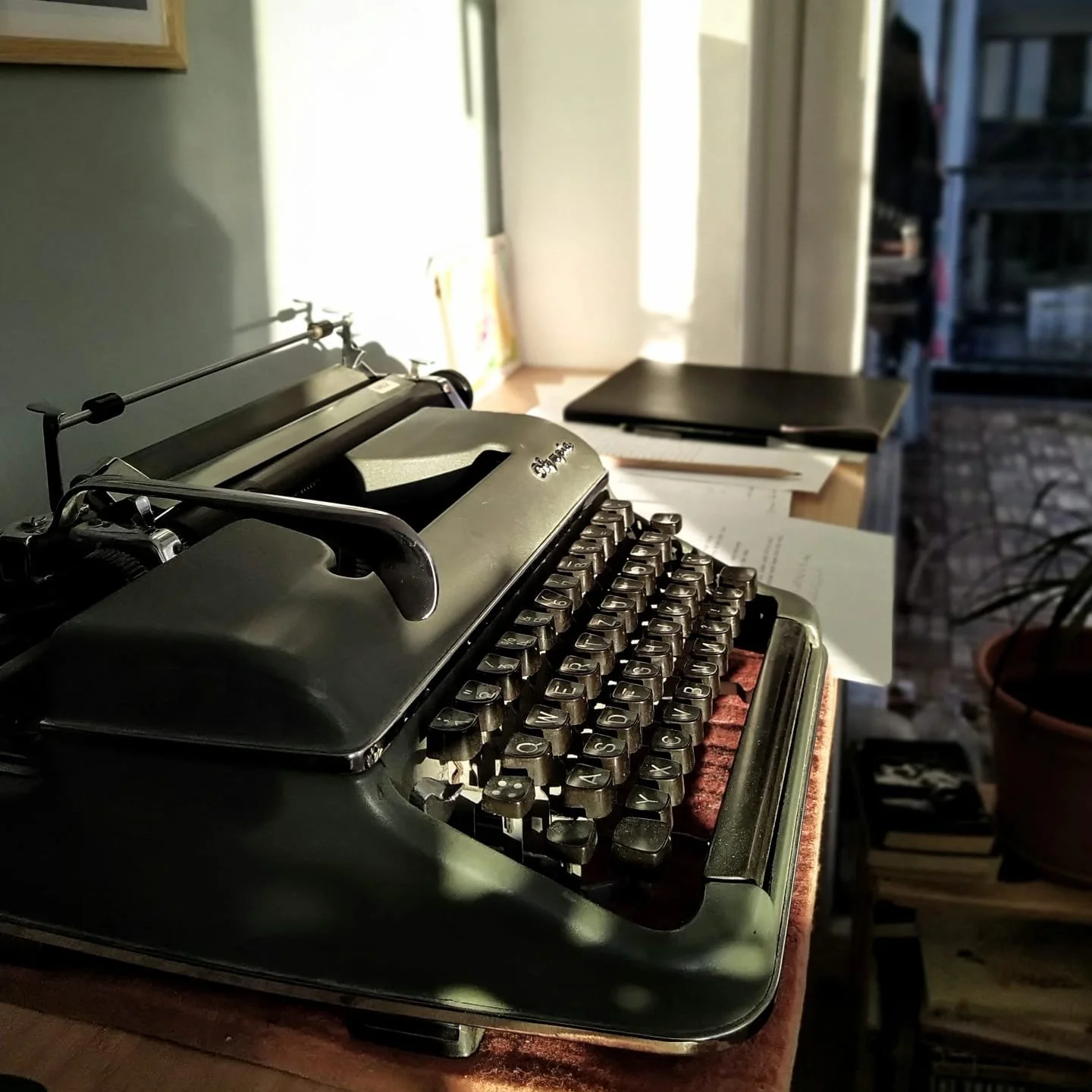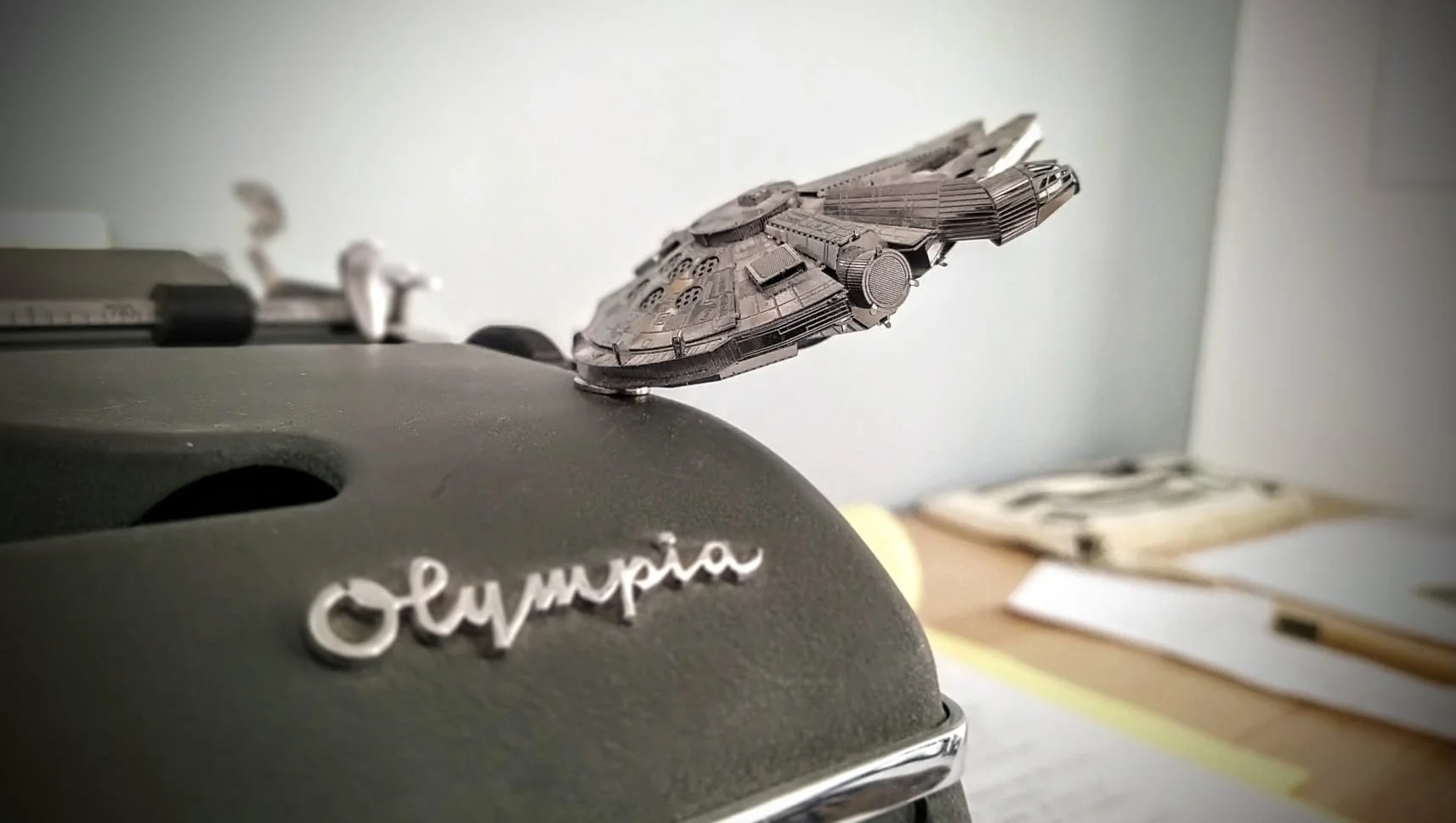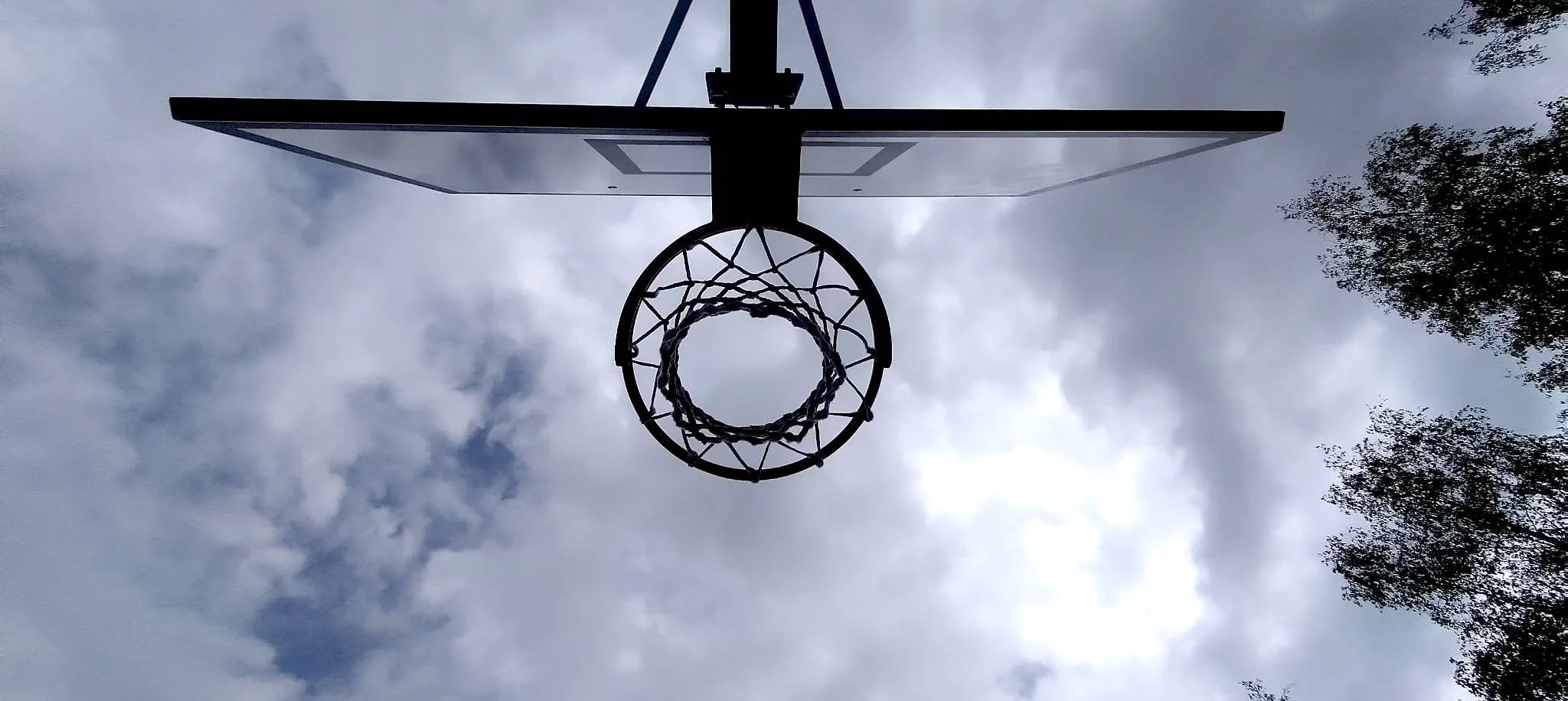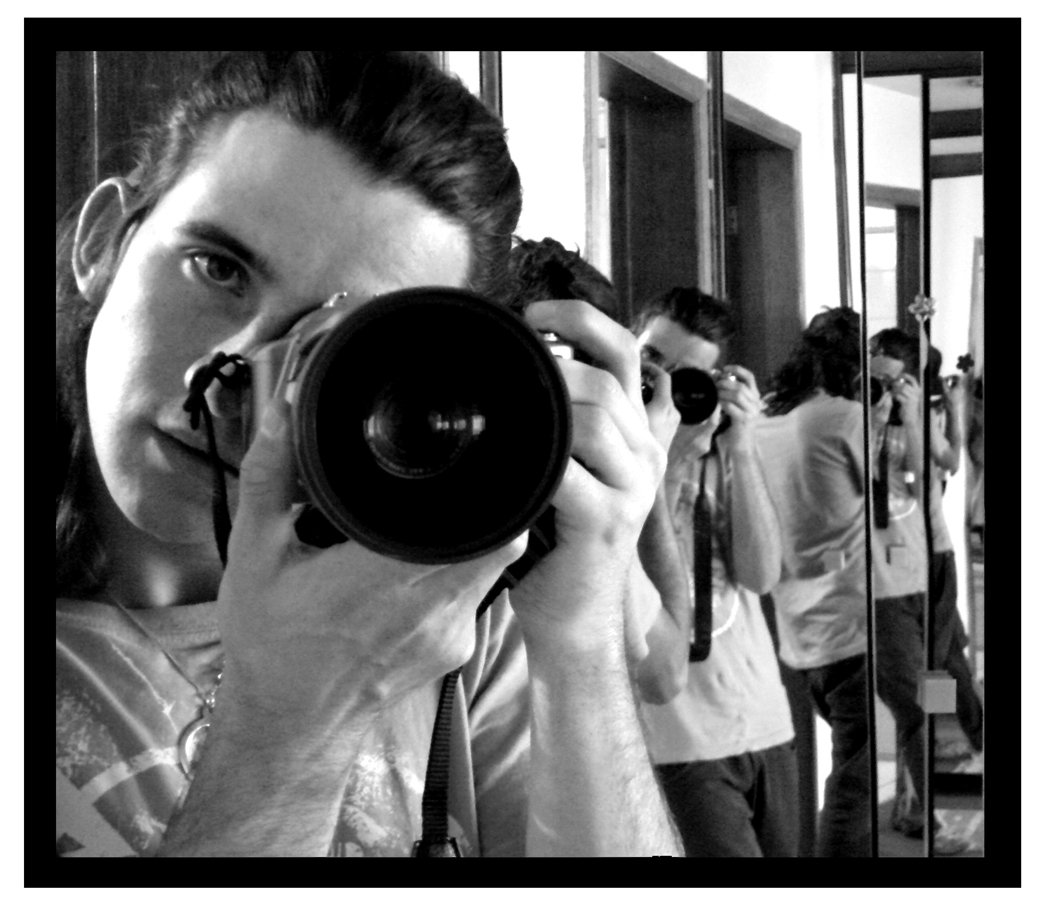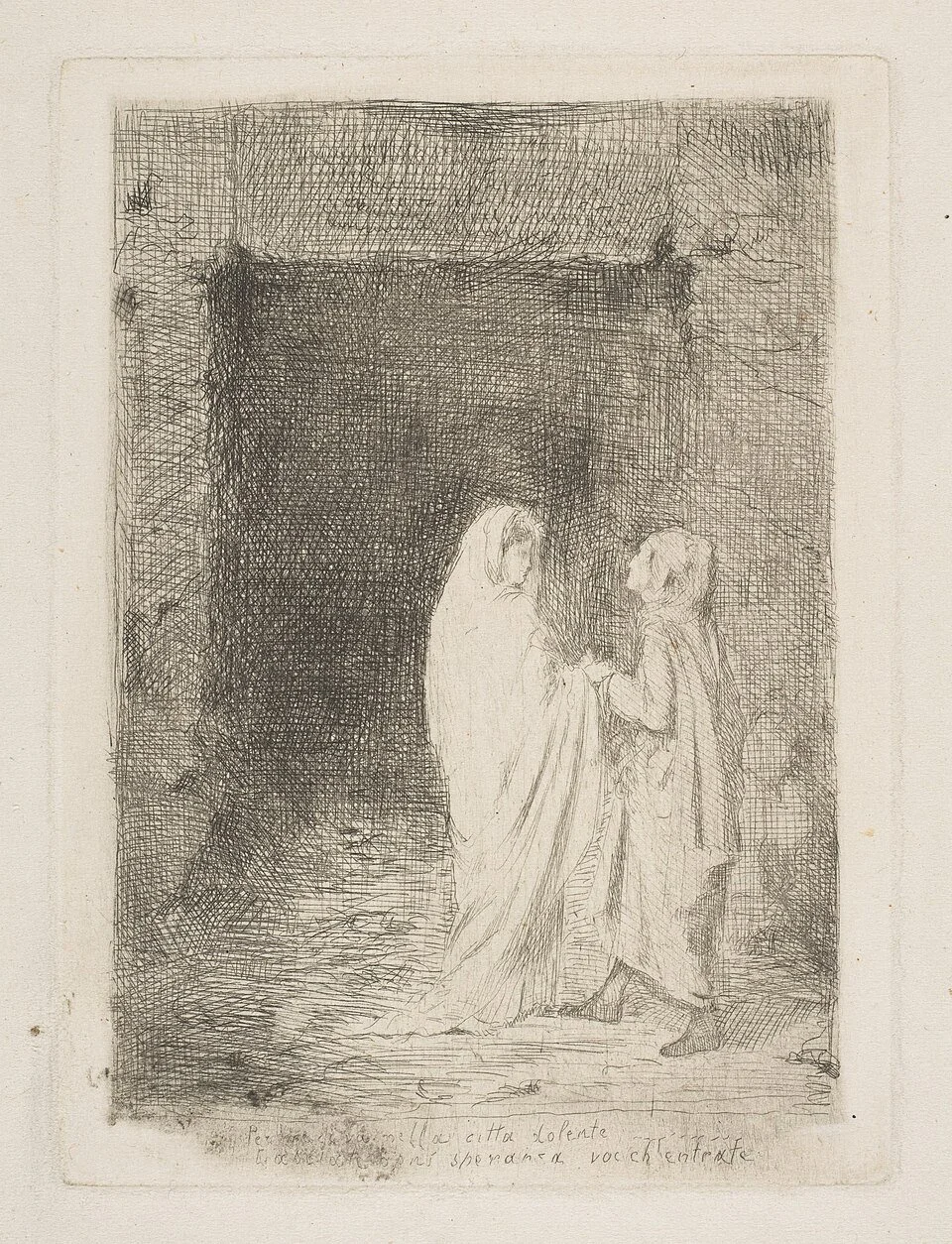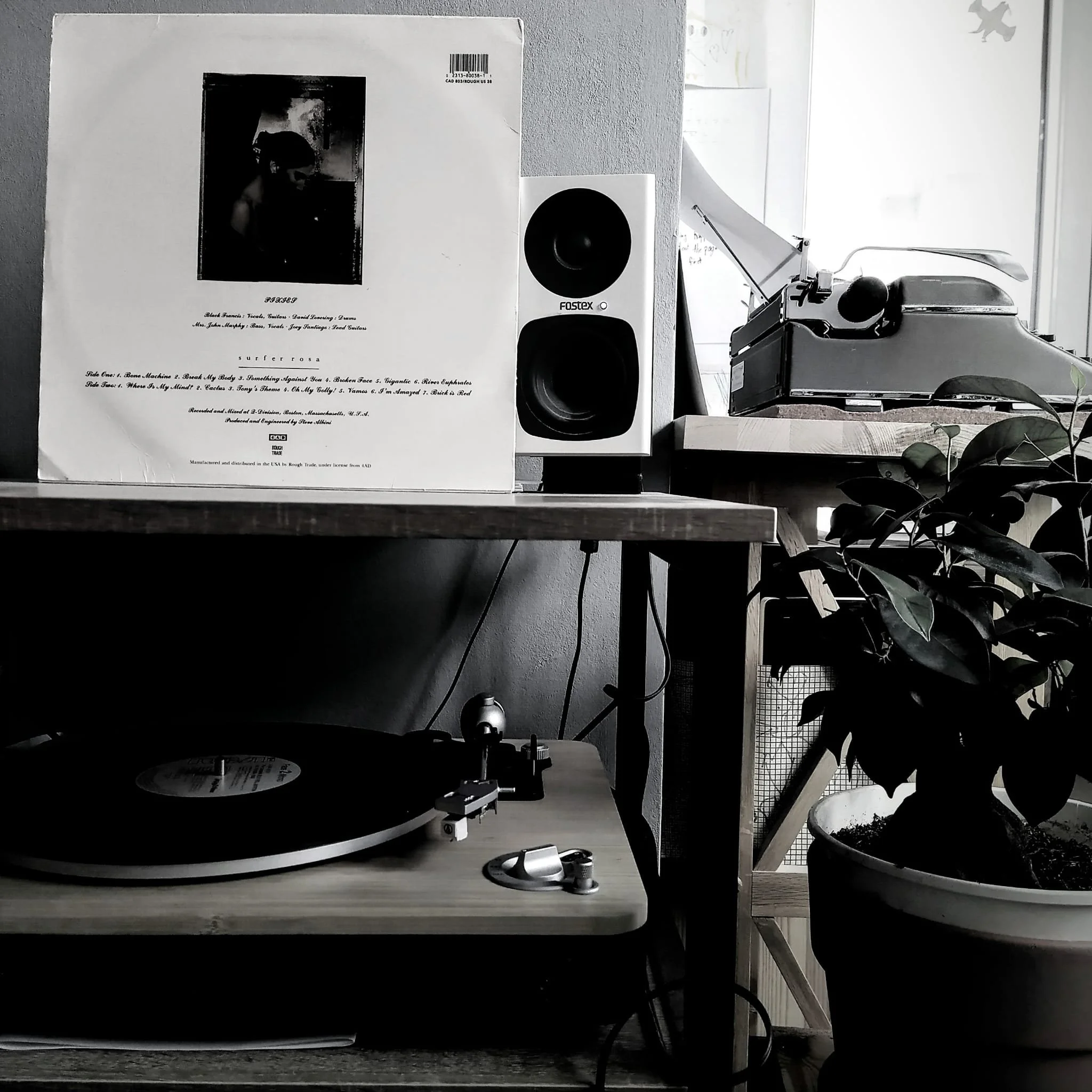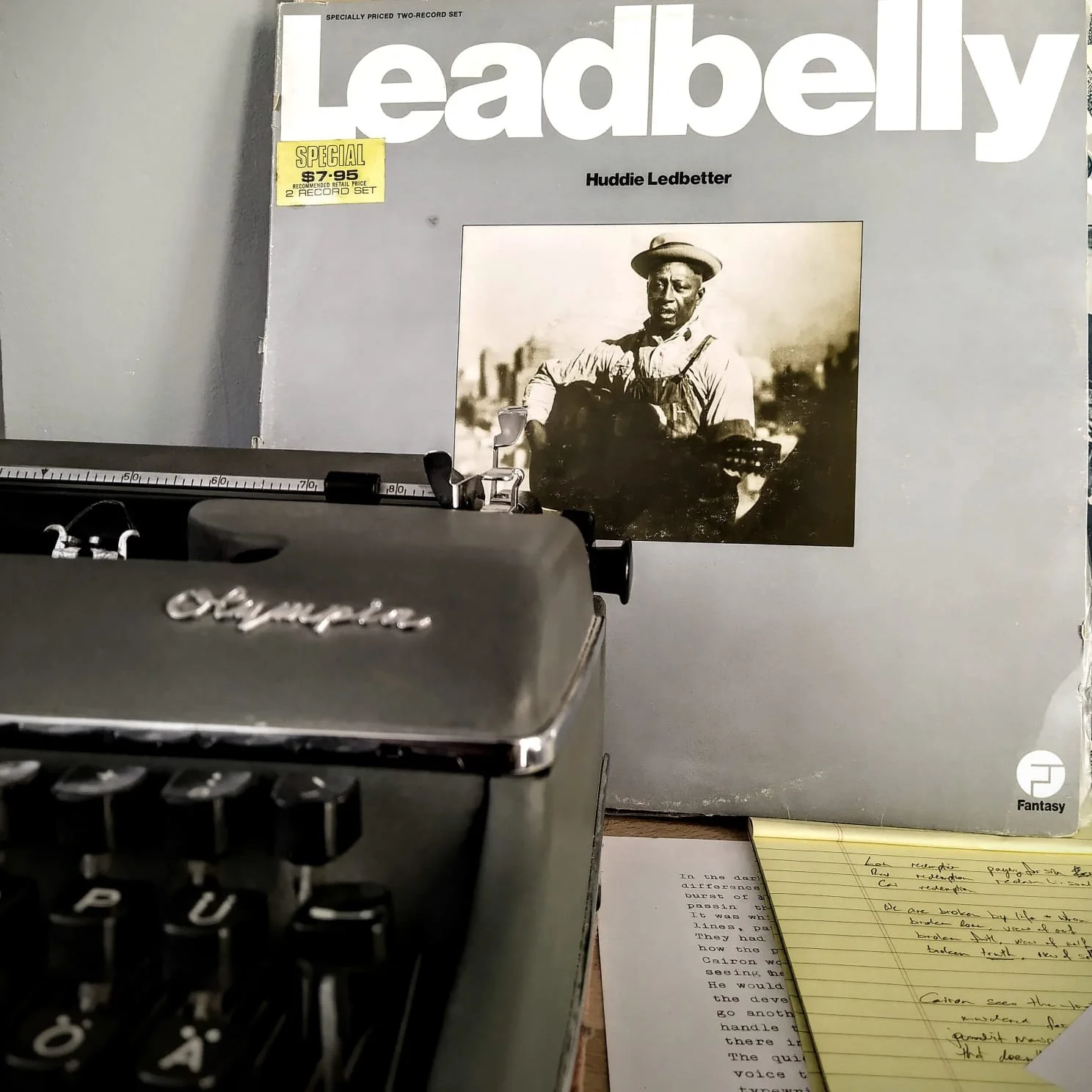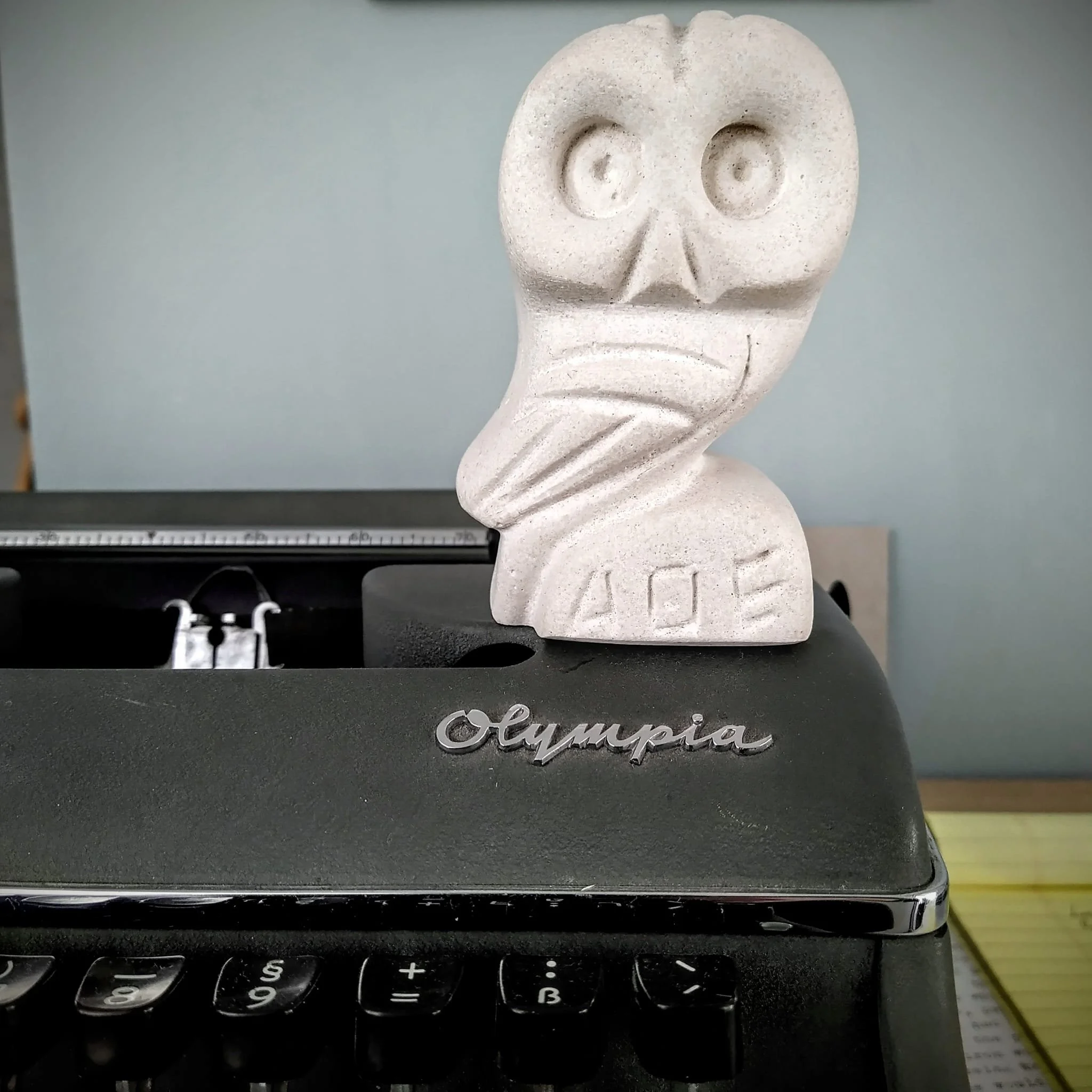The word character – as long time readers will remember – did not mean dramatis personae. The word comes from the Greek meaning an engraved mark. As in to draw a character on a piece of paper. Put some together and it becomes a word. The term also meant to mark on the body, or the soul. It was not until a few hundred years ago that the term became applicable to a person in a story. Hamlet was not a character – the meaning changed more recent than Shakespeare’s death.
Read MoreIdeas develop. They grow. They need time and pollination from other parts of life. Other works of art. Other things you read and listen. A spark when they sit next to something unexpected. The brain makes the connection. It’s not fast. At times, it’s frustratingly slow. But it’s fascinating and it’s the process. It is worth it.
Read MoreThe book you start writing is not the one you will have when you finish. It always changes. Writing a book is a process. It’s human and it’s collaborative. It needs you to give into ideas and see where they lead. Explore what stands up strong next to something else. Be curious about what needs to shift to another part of the book. The idea changes shapes. The book evolves.
Read MoreI’ve been working on a novel through this year. It came to the point in writing this third draft where it was clear that one plot just wasn’t working. I cut it out.
Read MoreTo cover a difficult topic in a way that’s as engaging as Moneyball, there must be a question that pulls us into the book. The chapters, or sequences, must develop from each other. Plunging head first into sabermetrics would have left most readers striking out part way through the first chapter. Instead, Lewis finds a way to open with the narrative to hook us, then deliver the ideas.
Read MoreRecently I was interviewed about ghostwriting and the question came up again: how do I feel about not getting credit for writing?
I’m fine with it.
Read MoreSeveral writers I’ve consulted told me their idea for a story then sat back to watch my reaction.
My question was: what happens next?
There was a premise. They had a first act. It was the start of a story but it wasn’t a story itself.
Read MoreThe old writing adage says to “start as close to the end as possible.”
It’s also essential not to write a story thinking the end is the beginning.
At its heart, Story is about change. But it is not about triumph. It is about the journey there, the conditions that led to the change.
Read MoreThe start of Creedence Clearwater Revival’s Proud Mary is one of those rather iconic bursts, instantly recognisable when you hear it.
It’s there because when writing that CCR album, John Fogerty was listening to a lot of Beethoven. Fogerty was impressed with the opening of the Fifth Symphony.
Read MoreStructure is essential to guiding your reader through your story. It’s giving information when it is needed. It’s shaping perspective on the events in the book. Structure is the scaffolding that holds up other elements of writing. It also gives you plenty of room to play. When you’re struggling with how things happen in the story, in the order they happen, take a look at what theme and value you are bringing to these events.
Read MoreDeus ex machina. It’s a device we’ve all heard about from Ancient Greek theatre where a god was delivered by a machine, sometimes quite literally, to solve the problems of the players on stage. The famous example is when Medea needed to escape, the sun god Helios sends a chariot to save her. It wasn’t part of a subplot. It wasn’t something that grew out of lack of ideas. It was a device to bring a conclusion t a difficult position of the characters… and the playwright.
Even thousands of years ago, it wasn’t without its detractors.
Read MoreRiddles require you to make up the context of the scene and find what fits. Stories build that piece by piece. There’s no cathartic emotional revelation in having the context given like this. There’s no story. There’s no value placed on this information. There’s no tension other than trying to solve the riddle. Stories require that the information we need – hopefully – comes right when we need it in order to make sense of what has happened.
Read More
Scenes and events don’t have a meaning on their own. It’s the context of a story that gives these events any significance.
The difficult part in writing is in building the foundations earlier so the emotional resonance speaks through these scenes.
When it’s looked at from a distance we can try to make a narrative out of it but they’re numbers, just statistics. Every half-time break in sports we witness talking heads trying to make sense out of statistics in order to give us a story of the game – some better than others.
These numbers don’t have meaning. But stories do.
Read MoreThere was a point while he was writing Fight Club where Chuck Palahniuk came to realise that the two characters – the narrator and Tyler – were the same. It wasn’t a twist he’d thought of before writing. It wasn’t a gimmick to string the reader along. He was writing a damning commentary on masculinity as he saw it in the mid-1990s.
Read MoreThe power of your story depends on clearly locating your inciting incident.
The fundamentals of this are often misunderstood.
Story is about transformation. A story is in how a character changes. This change does not come easily but there is something that pushes the character out of their comfort to begin the journey.
Read MoreStories are about risk.
The world shifts. Something is changed – for good or bad. The character reacts to this to either try to make things go back to how they were, or to make things better.
Read MoreSteve Albini – ““When I talk about recording an acoustic instrument, what I really mean is recreating the sense memory of having heard an acoustic instrument. I say that because acoustic instruments have an extremely long tradition. Every part of the world uses some form of acoustic stringed instruments, and we all have engrained in us personal and cultural memory of these instruments. So when I say I’m trying to make an accurate recording of an acoustic instrument, what I mean is I’m trying to evoke the sensation of having heard that instrument in life.””
Aristotle opens Poetics by describing poetry as a species of imitation. There are different ways to do that, different mediums and different ways. Painting, too, is imitation, Aristotle points out.
In our stories, that’s what we do. We imitate to recreate sense memory.
Read MoreBlues music has been a part of popular song on radio and streaming for all our life. We’ve heard countless songs based on the structure. We instinctively know where it rises and falls, where it changes, and where the turn around is. Story structure is similar.
Read MoreAs in marking a character in stone. So, a face that shows character shows that which has been marked. Or deeply impressed.
The term didn’t come to mean a person in a story until the late 1660s – a good fifty years after Shakespeare had, as he put it, shuffled off this mortal coil.
Read More





